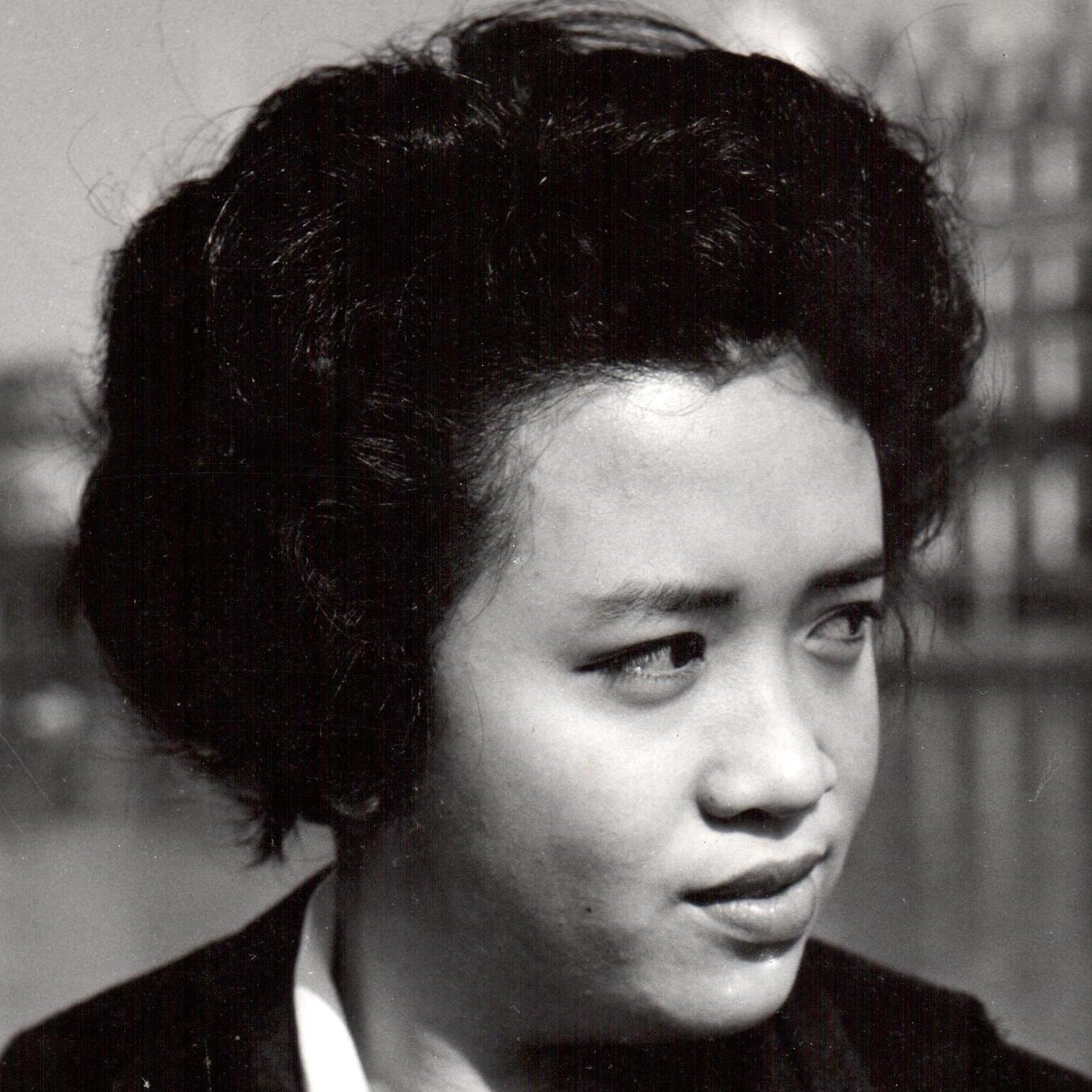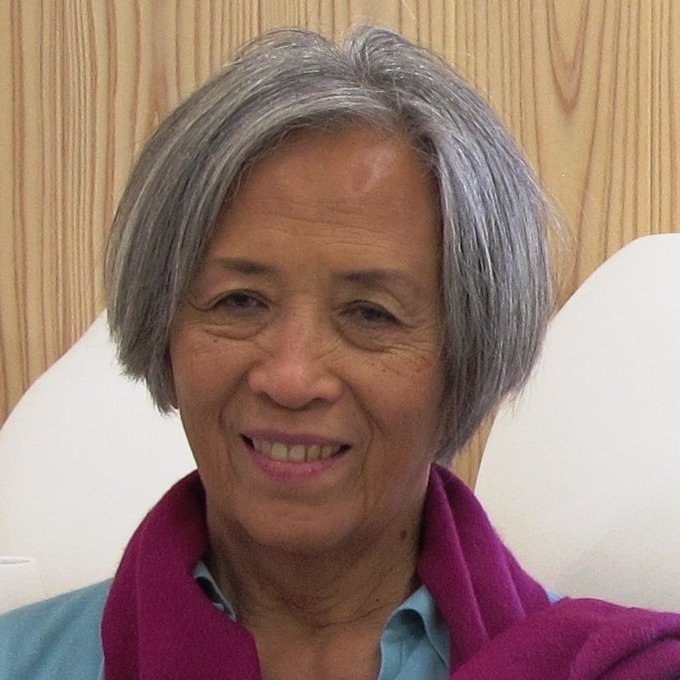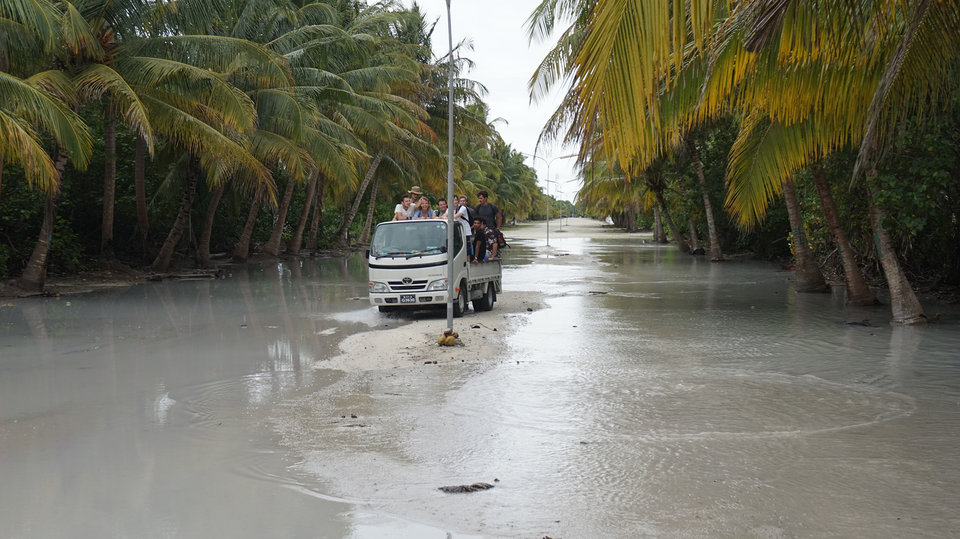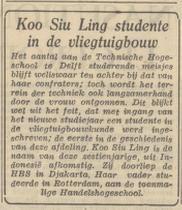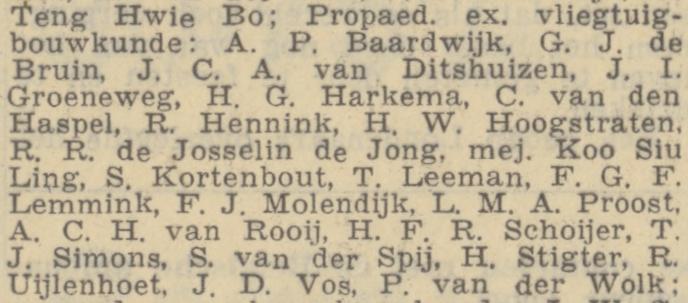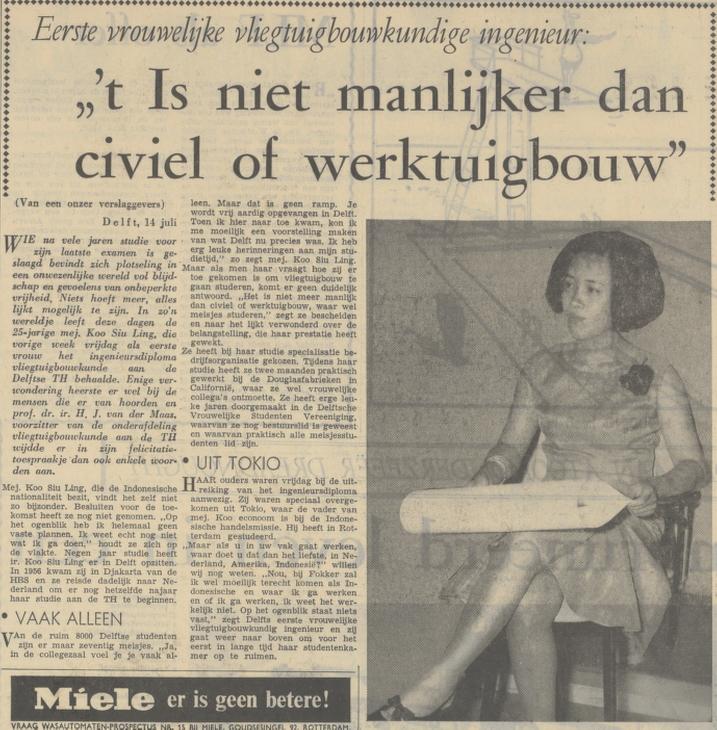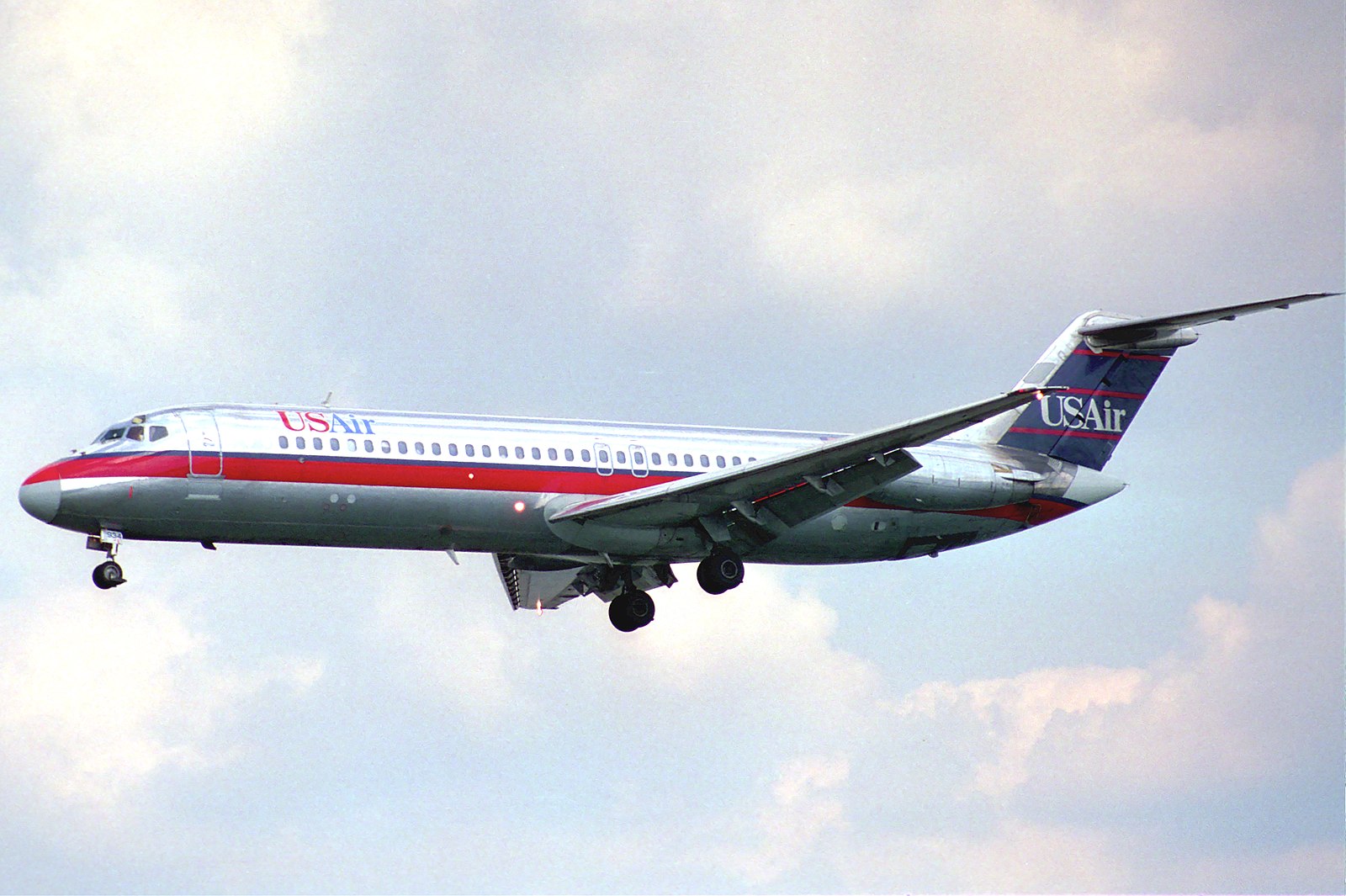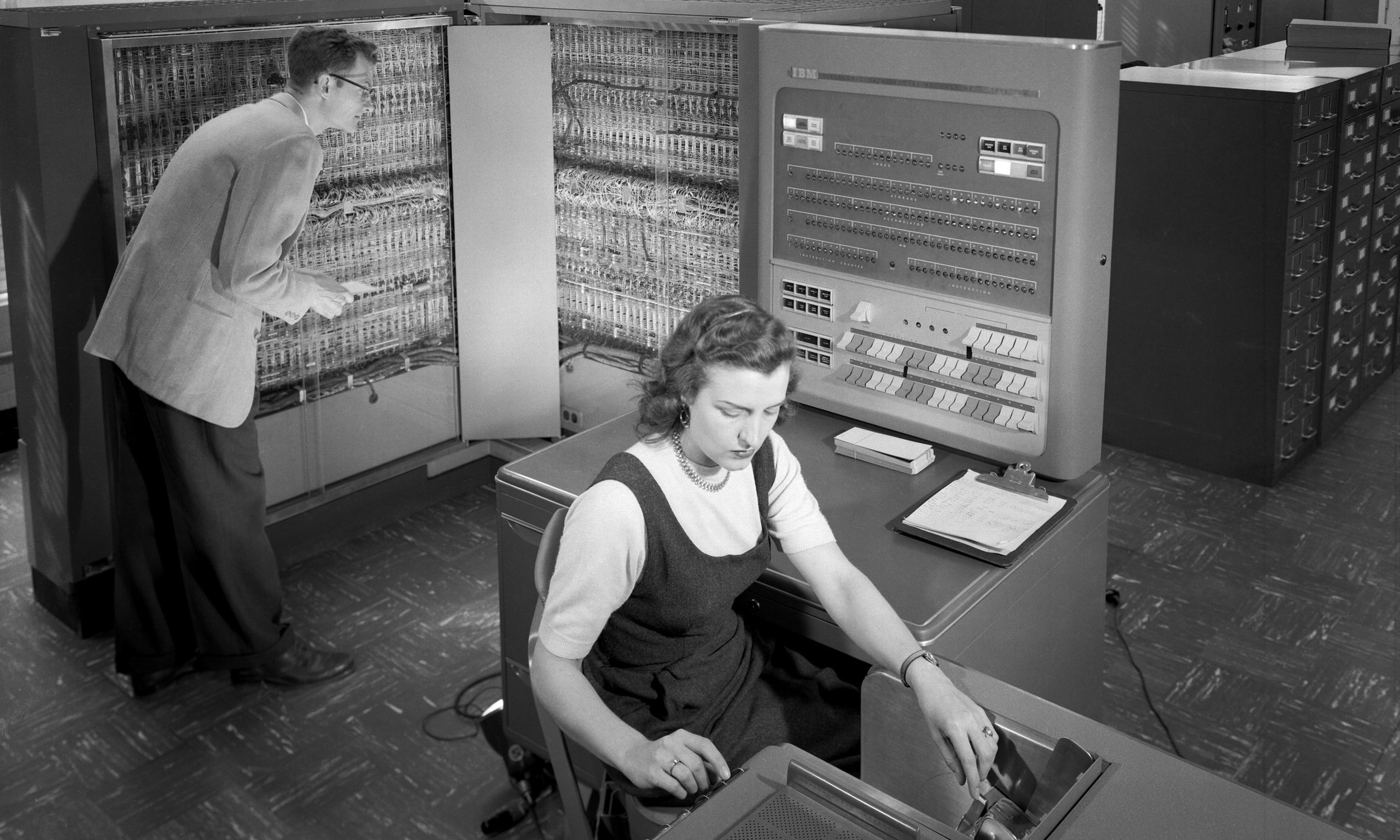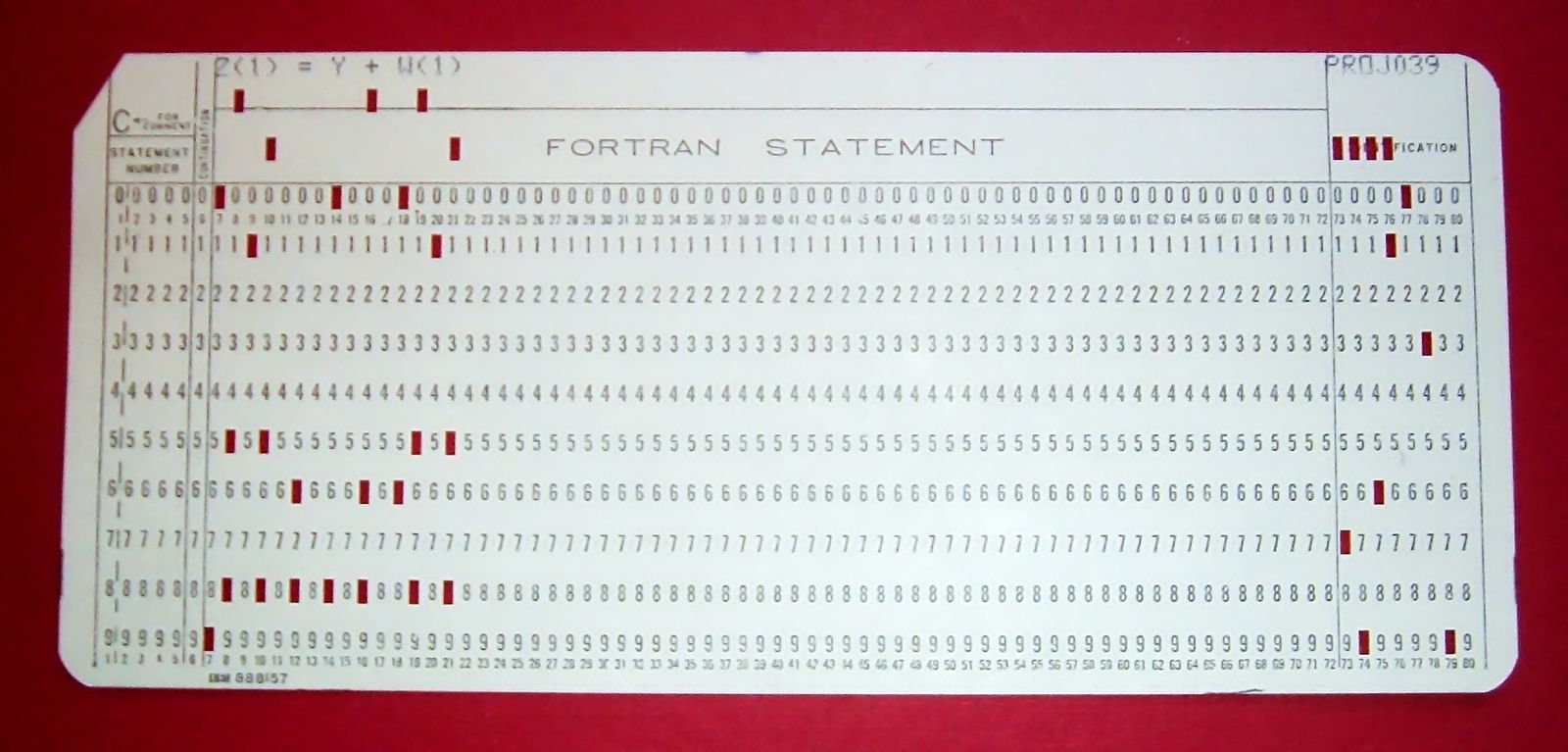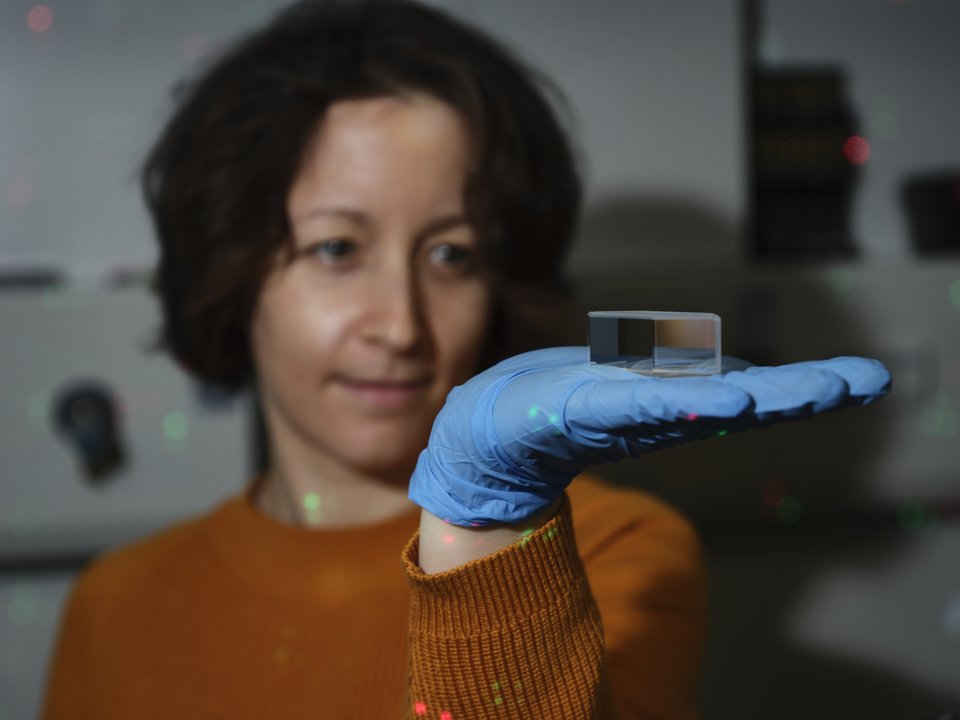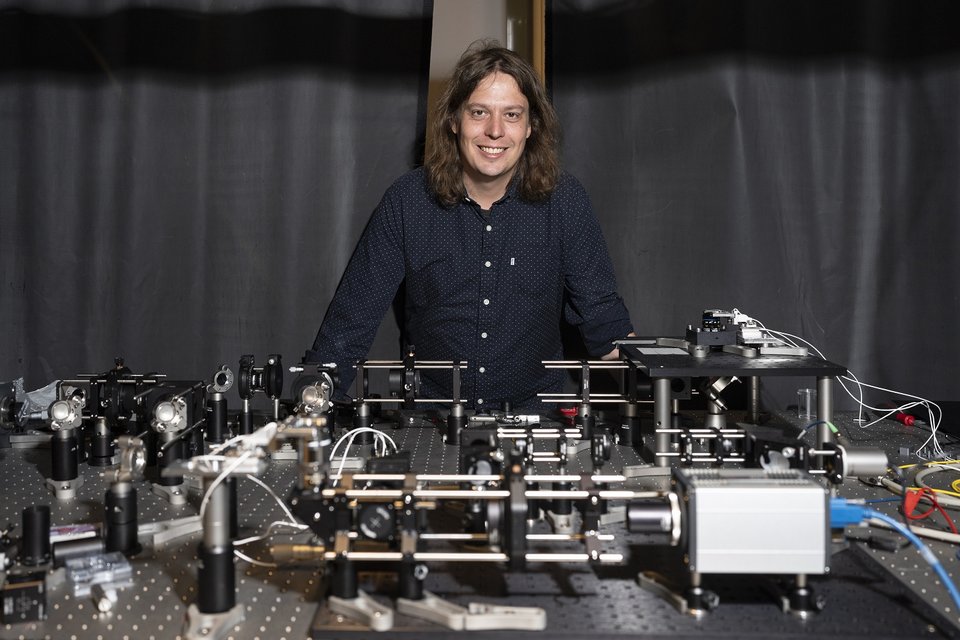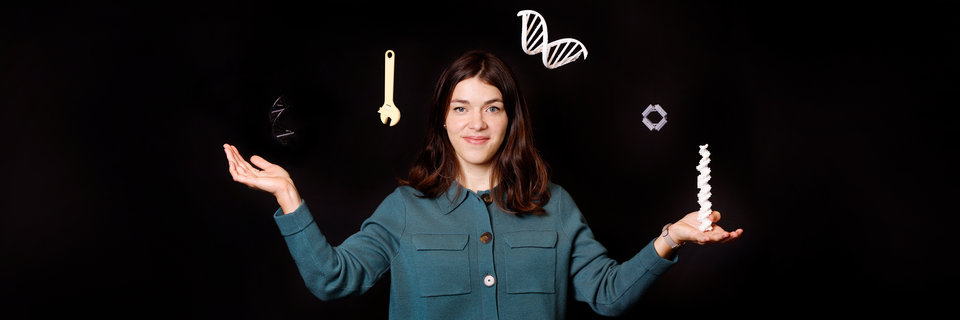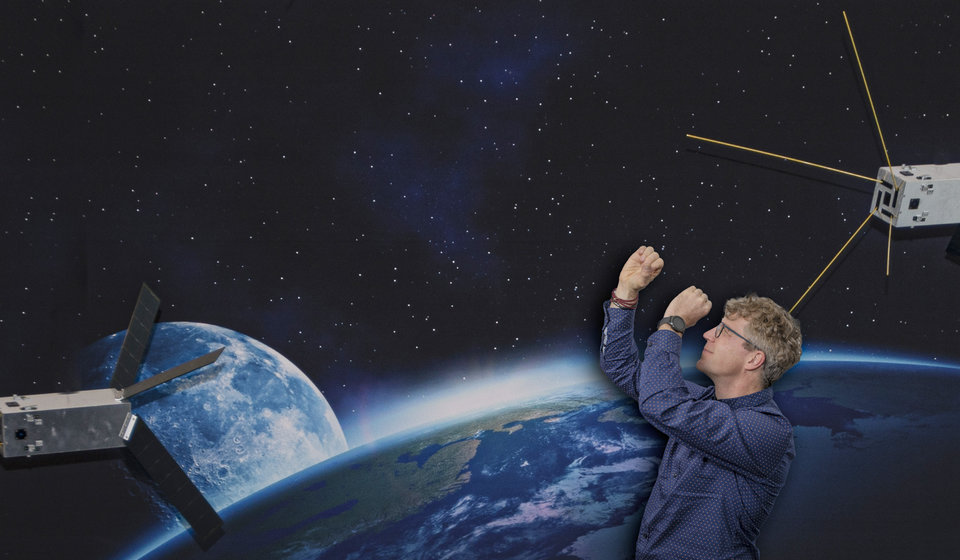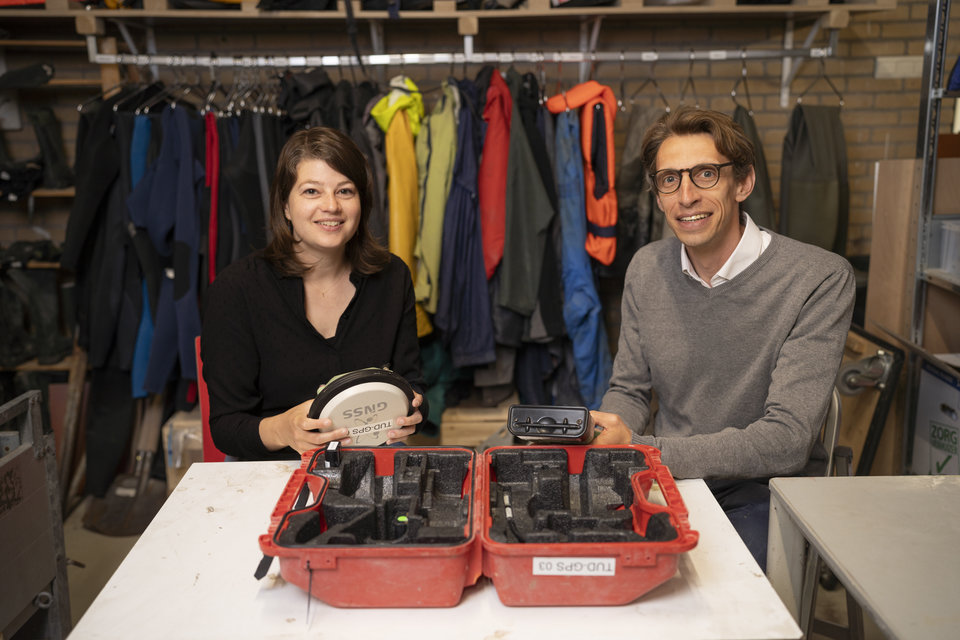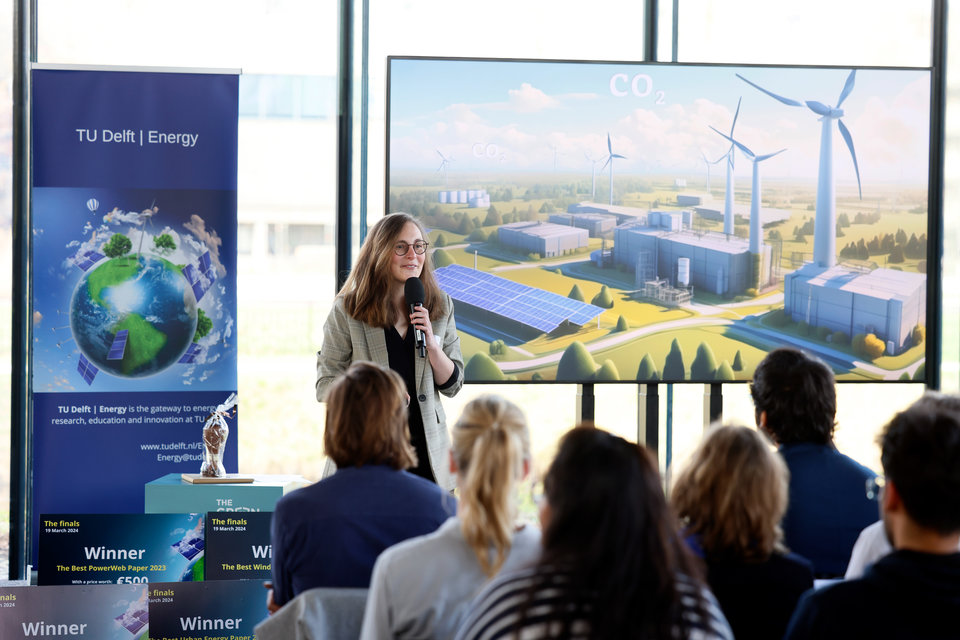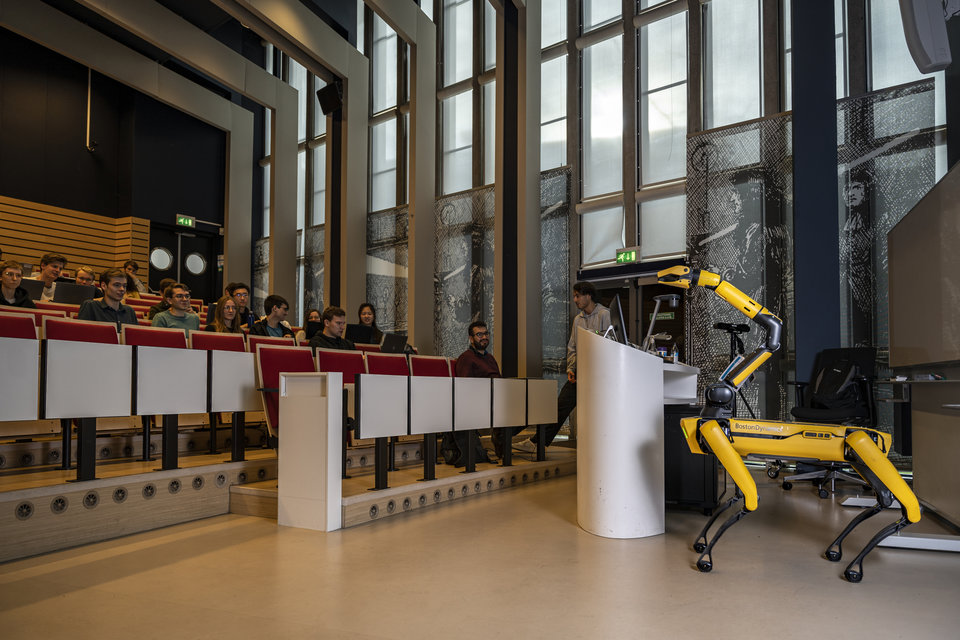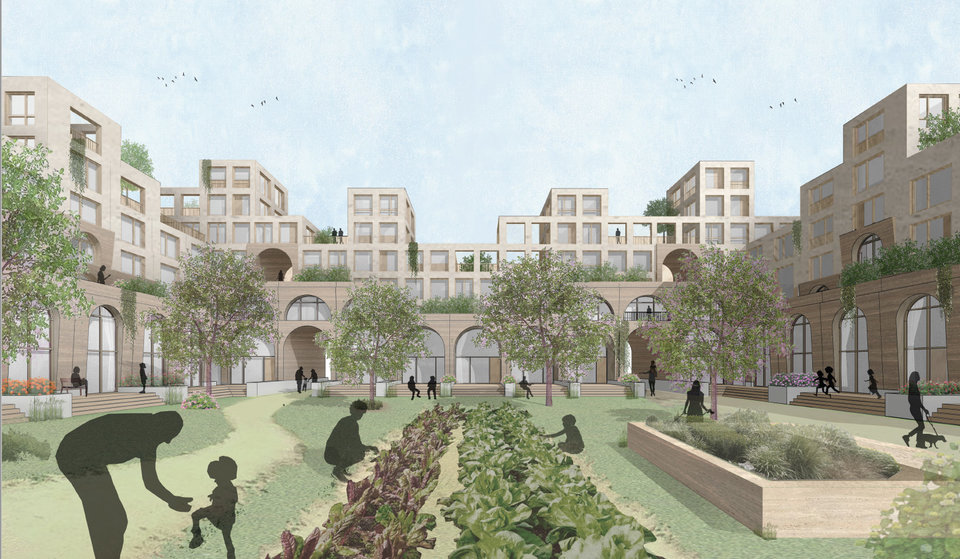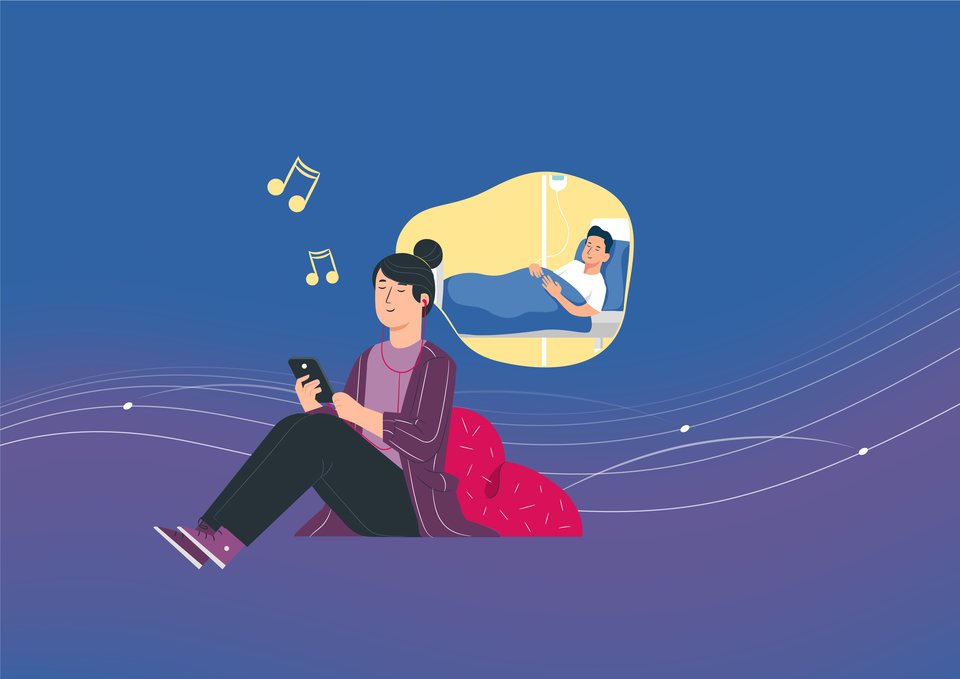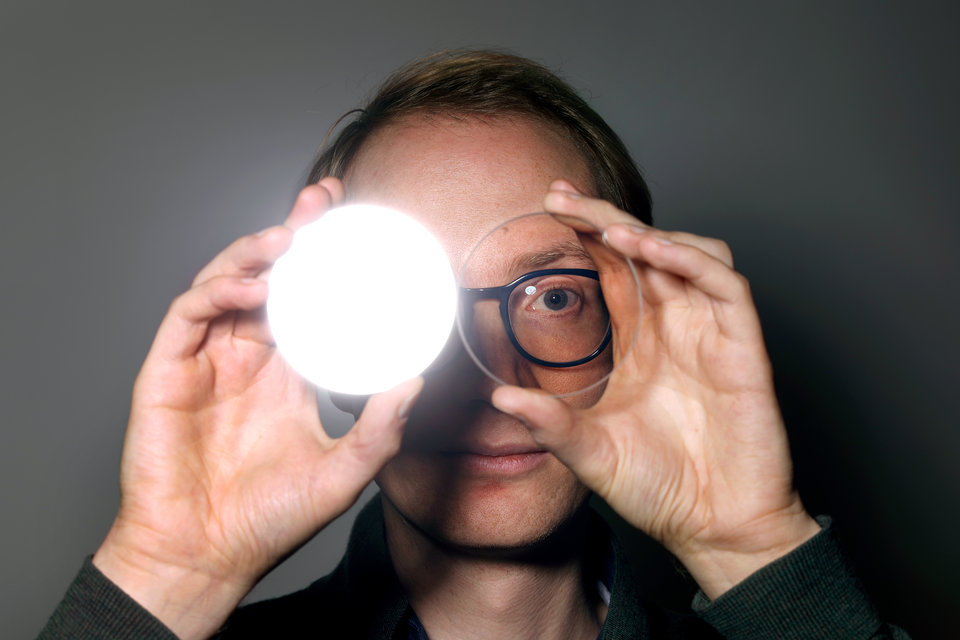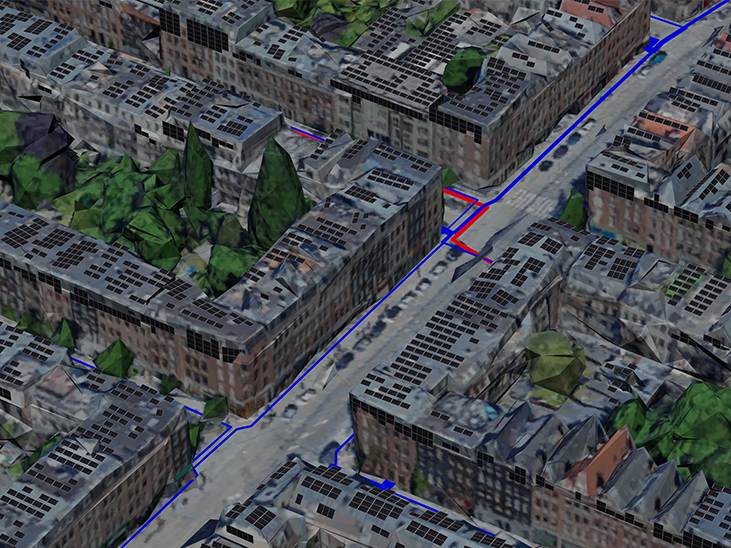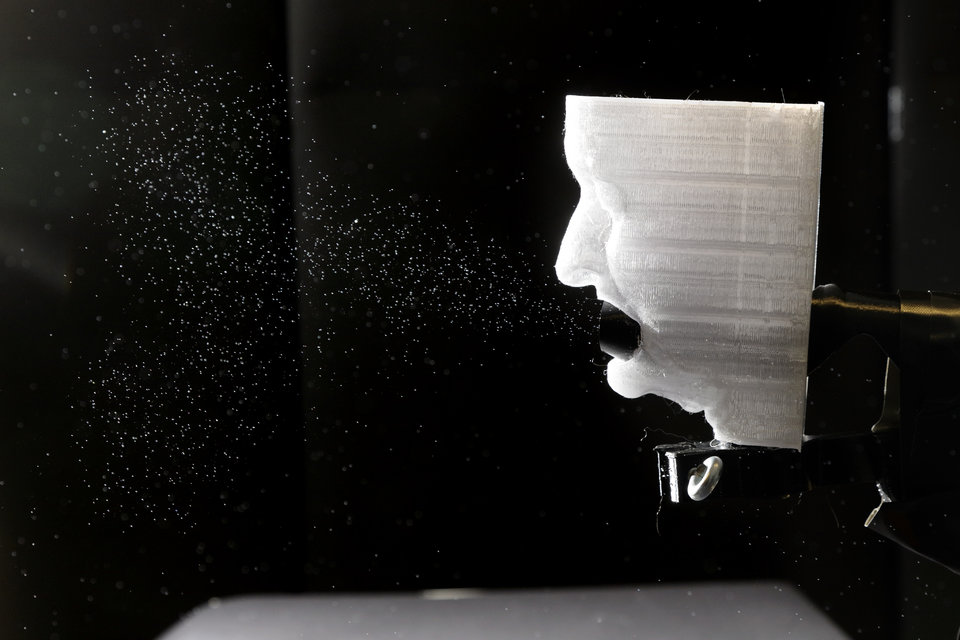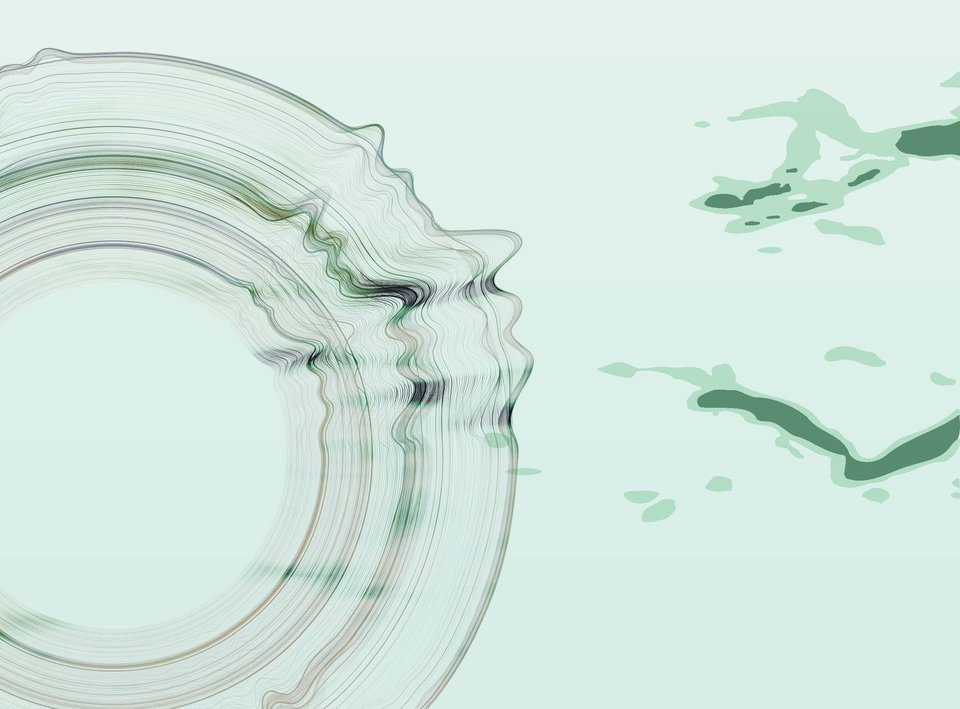The first woman to graduate from our faculty, then known as ‘Vliegtuigbouwkunde’ (Aeronautical engineering) was Koo Siu Ling. She was an international student from Indonesia of Chinese descent. When she registered to study ‘Vliegtuigbouwkunde’, it made the newspapers, both in the Netherlands and in Indonesia. She would start her studies in 1956 at the age of 16.
Dr. Ir. Gillian Saunders-Smits, Associate Professor Aerospace Structures & Materials interviewed her in the spring of 2021 about her time in Delft and her subsequent career:
"As one of the first women to join the academic staff at aerospace engineering, I have often wondered what it would have been like to be the first woman to study aerospace engineering and who was she? Some of our former professors had spoken of her as they studied with her when they were students themselves and with a little help from the Internet I managed to get in touch and we spoke for a good 2 hours about her career, her life and her time in Delft."
Ir. Koo Siu Ling then and now [Private collection Koo Siu Ling]
Why did you want to study aeronautical engineering?
I really liked the way aircraft looked and how beautifully they fly when in the air.
Did you know you were the first woman to study aerospace engineering in Delft?
It was only aeronautical engineering back then, but no, I did not realize there had never been any female students before me. I only learned this when I got to the Netherlands. To me going to study aeronautical engineering did not seem something special. The woman who was the director of my secondary school was a chemical engineer who studied in Delft, so it seemed a perfectly normal thing to do.
How did your parents feel about you going away to study?
My dad had studied in Rotterdam when he was young, so he was very open to me getting a good education abroad. I had also applied to MIT and was accepted, but my parents felt that going to the United States was not a good idea, so I went to Delft instead.
Announcement of enrolment in Algemeen Handelsblad Amsterdam on 9 October 1956, via www.delpher.nl
What was it like when you got to Delft?
Due to family circumstances, I did not arrive until October 1956 and missed the start of the academic year. I had never been to the Netherlands before and it really took me a while to get settled, find a place to live, buy a bike and so on. I also had to get used to things in the Netherlands. For instance, I had never learned how to make a bed with a blanket on it, or do my own washing. Getting used to Dutch food was also quite a struggle: Endive with white sauce and purslane – yuck! Also, living as a boarder was very different than my life back in Indonesia. The house where I rented a room in the attic had no bath or shower and imagine that you are not allowed to flush the toilet after nine o’clock. I quickly moved out, initially staying with a friend from Indonesia until I was able to move into what was the first dedicated female student house on the Julianalaan.
So, student-housing was already a problem back then?
It was if you were a woman. It probably also did not help that I was not Dutch. Many landlords and landladies did not want to hire out rooms to women, as they often also hired out to men and did not want to have mixed lodgers. At the time there were only 75 female students at TU Delft. We were quickly moved from our student house at the Julianalaan to the Nieuwelaan, as the house at the Julianalaan was being hired out to male students. The house on the Nieuwelaan is no longer there. The Sebastiaansbrug was built in its place. The bridge goes right through my former room.
What was your first year like?
It was very lonely. Because I arrived after the year had started, I did not know anyone. Initially, none of the other students really spoke to me, it really took a while. During lectures none of the other students would sit next to me or in front of me, even though we had large lectures like Mechanics and Calculus together with Mechanical Engineering students. There were only 45 students aeronautical engineering in the first year at that time. As a result, it took me quite a while (1960) to pass my propedeutic exam.
If it was not for them, my life in Delft would have been much harder.
How did you deal with the loneliness?
Like most women studying in Delft at the time, I joined the ‘Delftsche Vrouwelijke Studenten Vereeniging’ (DVSV – Delft Female Student Association) – we had our own society at the Oude Delft 26 where we ate dinner together every evening. If it was not for them, my life in Delft would have been much harder. I really enjoyed being active in committees and being on the Board. Being involved in DVSV really helped me to get to know people and Dutch customs. The DVSV no longer exists today, it became part of the DSC. That may seem somewhat ironic to some, as at the time there was an unwritten rule (‘mores’) by the then male-only DSC that the DVSV students should not walk past the front of their building. However, I do like going to the Phoenix society from time-to-time to meet up with old friends.
Passing your propedeutic exam later in your degree was not that strange in those times. In those times binding study advice or MOMI did not exist. Dutch male students did have to be careful about not taking too long otherwise they would get called up for their military service. Passing your propedeutic exam was considered an achievement and these results were published in the national newspaper: Het Algemeen Handelsblad.
How did the lecturers and the professors react to you?
They were all very nice and helpful. I was always addressed as ‘juffrouw Koo’ (Miss Koo). I did need some assistance when in the workshop. At the time, we all had to do metalwork at Mechanical Engineering, and I am not very tall, so I was given a box to stand on so that I could reach the work bench. Similarly, when doing technical drawing: I stood on a stool to be able to reach the drawing board. I did not like technical drawing much. We had to draw using ink and you would always end up with stains on your drawing after using the wing moulds, that you then had to carefully scratch off. Also, the structural analysis course by van der Neut was notoriously difficult.
Funny, that course still exists and is still considered one of the hardest courses by today’s students.
Really? I guess some things never change. On the up side, like quite a few students at ‘Vliegtuigbouwkunde’ at the time, I was allowed to get my pilot’s license. I learned to fly in a special version of a Piper Cub where the student could sit in the front as otherwise, I would not have been able to see out or reach the controls.
What about your internship?
That turned out to be a lot harder than I thought. Studying at TU Delft, I did not experience any issues being a woman, but when trying to find an internship I found that engineering firms still held very outdated views on women in Engineering. Fokker Aircraft Company refused me as an intern as they did not want “any women on the work floor”. Only through a friend at the DVSV who was married to someone at KLM was I able to do my internship there. I found that very disappointing.
What was your specialization?
I specialized in what was known as the ‘bedrijfskundige richting’ (operational management – now known as Air Transport and Operations, ATO) with professor Spies. After my experiences with the internship, I looked abroad to do my thesis. Professor Taub helped me to find a thesis position with McDonell (known as McDonell Douglas from 1967, now part of Boeing) in the United States.
Interview at graduation in Algemeen Handelsblad Amsterdam, 14 juli 1965, via www.delpher.nl
When you graduated in 1965 it was national news again.
Yes, I even gave interviews to several newspapers. I received my diploma in the new building, which had only just opened. That is the building that still houses aerospace today.
What was next for you? Back to Indonesia?
When I came to Delft that was my firm intention, but the political climate in Indonesia had changed and my parents were no longer living there. Instead, I went back to McDonell Douglas in the U.S. and after obtaining my green card I started to work in Long Beach California where I worked on the certification of the DC-9 looking at the first part of take-off at different airports. Later, I also modelled take off in slush conditions. That was very interesting as we really had to make well-argued assumptions on the many different variables to make any sort of prediction.
I also worked on optimal fleet size calculations. How many aircraft does an airline need to be able to fly all its intended flights and destinations? These were all really complicated multi-variable problems at the time.
A DC-9 - USAir DC-9-31, CC BY-SA 2.0 Aero Icarus from Zürich in Switzerland via www.wikicommons.org
Whoever you are, you should be able to do what you set out to do and don’t let people or things get in your way.
Were you also the only woman at McDonell Douglas?
No, not at all. It was much more normal there. My boss at McDonell Douglas was a woman. Again, I don’t think being a woman was such a big deal. Whoever you are, you should be able to do what you set out to do and don’t let people or things get in your way. And if you feel you are disadvantaged, don’t just sit and complain, but get up and do something about it. That is why I am not in favour of quota for women.
Did your Delft degree help you?
When I got to the United States, I realized that Delft was much behind on modern developments. Everything was done with computers in the U.S. already and in Delft we were not taught programming at the time, in fact we did not work with computers at all. Programming was only taught to the Applied Maths students. In the U.S. this was already part of engineering programmes. There was also a large difference in level of education at the time, it was a big step up and hard work. The U.S. did not recognize our 5-year integrated master’s degree as a master’s. My diploma was classified as a bachelor’s diploma. So, after a few years, I decided to do a master’s degree in Systems Engineering at the University of California in Los Angeles (UCLA), next to my normal work at McDonell Douglas.
Learning to code really helped your career?
Yes, and I really enjoyed it too, although Delft provided me with a solid basis in analytical and logical thinking, learning systems analysis really helped me to do my job. In those days, there were no personal computers or laptops, computers took up an entire room and you would let it run your programme by having the computer read punch cards [1 card per line of code]. You could not write on those cards so you had to be careful not to mix them up. I once fell down the stairs with 2 boxes of punch cards on my way to the computer room. I was not happy that that happened.
| Left: Man and woman working with IBM type 704 electronic data processing machine used for making computations for aeronautical research at Langley NACA - By NASA - Great Images in NASA Description, Public Domain. Right: Punch card from a typical Fortran programme. CC-BY-SA 2.5 A. Reinhold. Both via www.wikicommons.org |
What was next for you?
I married a Dutchman, also an engineer, and came back to the Netherlands. I started to apply for jobs again in the aviation sector, although on principle I did not apply to Fokker after their earlier refusal to allow me to intern. This is where I was again disappointed in the Dutch Aviation sector: The then head of KLM Engineering and Maintenance was very vocal in saying that he wanted as few women as possible working in his department as they would only distract the men. Since then, I avoid flying KLM as much as possible, they don’t deserve my custom. Instead, I worked at Berenschot, in their IT-consultancy section in system analysis. We moved to Australia for my husband’s work, where our children were born. Working and raising a family in Australia was not possible for women back then. When we moved back to the Netherlands, the personal computer had arrived, with which I had to get acquainted. I bought my first computer, a Macintosh.
In the late 70s, Dutch society was not yet geared up for highly educated mothers who wanted to have careers with some flexibility in hours and I could not find a suitable job. However, a friend of mine had started a translating service. She asked for my help in the translation of technical documents and I helped to translate the first manual for Excel into Dutch. From there, we started a technical translation agency, yet I never became a translator myself, instead we hired translators and managed and automated the translation process as much as possible using my engineering and computer knowledge and working procedurally. This led to our company being the only translator agency with ISO certification at the time.
And now? Somehow, I don’t think you have quite retired?
No, I am still working on projects. This time in a whole different direction – I am involved in making books on topics close to my heart. I have published two already, a book on Chinese ceramics in collaboration with the Victoria & Albert museum and a cookbook on the Chinese-Indonesian cuisine on Java, based om my mother’s handwritten recipe book in collaboration with a professor from Yale University. I am now working on a third book, again on Chinese ceramics.
And in your spare time?
Well, as we are not able to go anywhere at the moment, I am also studying Chinese and with the blessing that is ZOOM I stay in touch with my children and grandchildren spread out across the world and keep fit and connected with my friends with ZOOM CrossFit offered by my gym.
Looking back on your life, would you choose aeronautical engineering again if you had the chance?
That is a good question. In hindsight, I would have probably picked Computer Science, but that degree did not exist at the time. The logic of computing still really appeals to me.
What advice would you give current students?
- Persevere - Understand that not everything is fun right now, but those are the things you won’t remember in later life.
- Look around you and keep your eyes open - Don’t get too limited in your views by your chosen field. Avoid getting blinders on. During your degree you often have a narrow view as you don’t always have the time to appreciate what is around you.
And for international students?
If you want to stay in the Netherlands, learn to speak Dutch. It is important to master a local language in order to truly be part of a country. Language is an important tool in your arsenal, also as an engineer!

